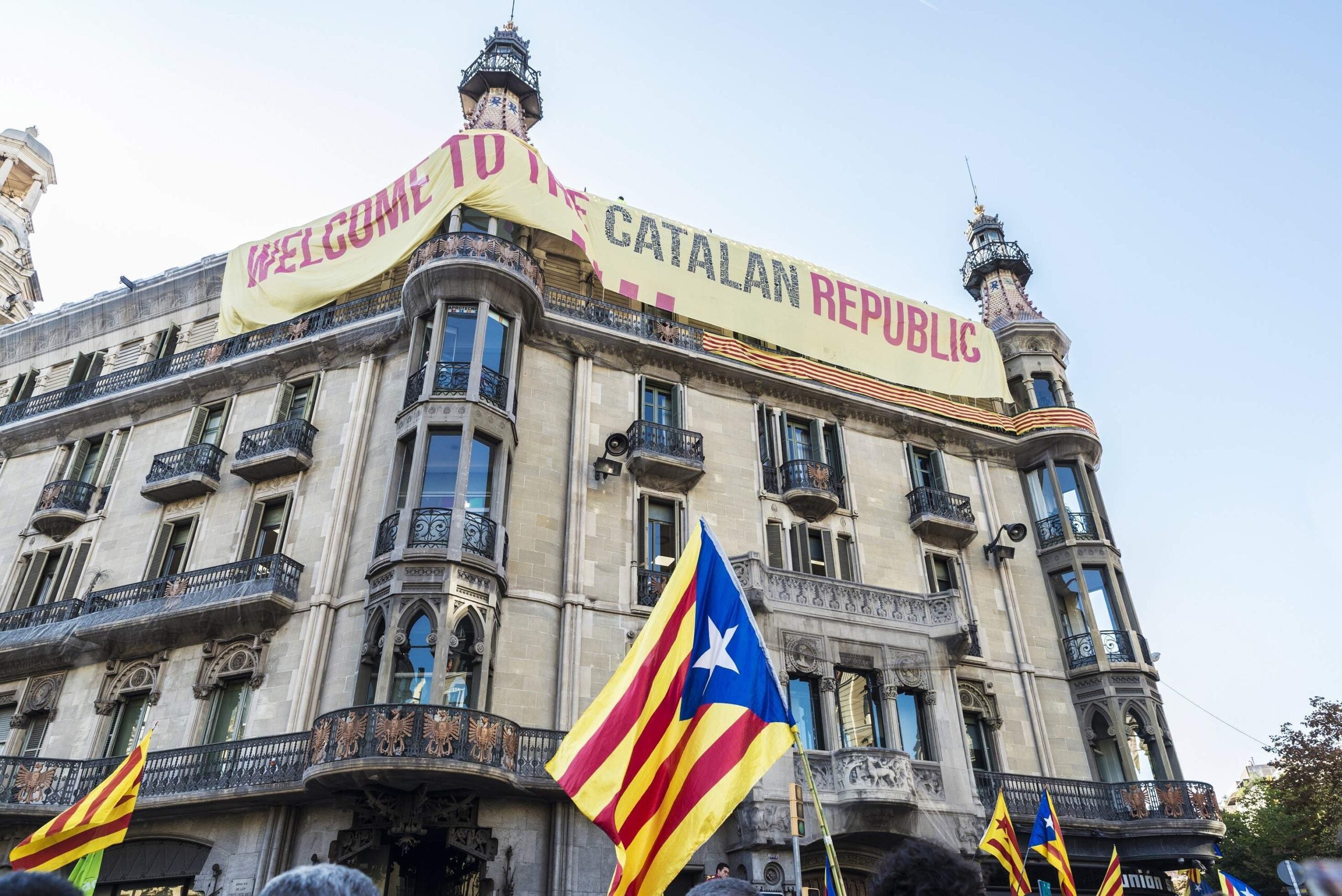
Spain has announced that it will begin the process of suspending Catalonia’s autonomy on Saturday.
After a referendum on 1 October, Catalan’s president Carles Puigdemont signed an independence declaration but then suspended it, asking for a period of negotiation with the Spanish government.
However, Puigdemont said the Spanish government chose to escalate the conflict by refusing to meet and negotiate, “despite all our efforts and our will to dialogue”.
Puigdemont missed last Thursday’s final deadline to drop a secession bid and return the region to “constitutional order”.
He instead sent a letter to Spanish prime minister Mariano Rajoy threatening a formal declaration of independence if the Spanish government suspends Catalonia’s autonomy.
Puidgdemont’s failure to abandon his secession plans, Rojay responded, would result in the Spanish government invoking article 155 of the 1978 constitution and assuming full control of the region.
How well do you really know your competitors?
Access the most comprehensive Company Profiles on the market, powered by GlobalData. Save hours of research. Gain competitive edge.

Thank you!
Your download email will arrive shortly
Not ready to buy yet? Download a free sample
We are confident about the unique quality of our Company Profiles. However, we want you to make the most beneficial decision for your business, so we offer a free sample that you can download by submitting the below form
By GlobalDataThat would mean Madrid could appoint its own delegates to run regional government departments, and call new Catalan regional elections, according to Catalan newspaper La Vanguardia.
Stripped of all his powers, Puigdemont would be forced to obey the orders of the Spanish government.
Unrest on the horizon
Catalonia’s separatist leaders believe that the Spanish government has already used disproportionate means to force them out of office, eliciting the support of Spanish police officers and the courts.
On Monday, two separatist leaders were sent to prison without bail, pending an investigation for alleged sedition. A day later, about 200,000 demonstrators gathered in central Barcelona to demand their release.
Businesses are also preparing for the instability ahead, as the economy takes a hit.
Since October 1, some 700 companies have moved their head offices from Catalonia, according to Spain’s companies registry.
Meanwhile, tourism in Catalonia has fallen by 15 percent so far this month, according to industry association Exceltur.
On Tuesday morning, the Spanish government told European authorities that the economy would grow 2.3 percent next year down from the previously projected 2.6 percent, partly as a result of the ongoing Catalan crisis.
Almost 2.3m people cast ballots, and 90 percent voted for independence in the disputed independence referendum earlier this month, according to the Catalan government.
The referendum was declared illegal by Spain’s constitutional court.







